How Our Diets and What We Eat Affects Us Socially
The clock just struck 2 pm. It has been more than 50 hours plus since you partook in that awesome cuisine at your friend’s hen-do! Enthusiastically, you reminisce again over that sumptuous blend of asparagus, garlic, mackerel, broccoli, peanuts, cheese… You pause, straining to think through that smell! You are sweaty again, and you smell funny! It is a humid day, you have showered twice already, brushed your teeth several times, but you smell funny. It was worse yesterday, but you still smell funny! Your excessive applications of antiperspirants and perfume seem to be doing a very mediocre job.
Frustrated you ask, “Could it be the food?”
Well! It is most probably the food, the components of your cherished cuisine, are a definite give away! However, that is definitely not the only reason why.
CAUSES OF BODY ODOUR
While poor hygiene remains the primary cause of body odour for some individuals, certain foods are responsible for body odours, and pungent once at that. The romance between Sir Garlic and Lady Bad breath needs no introduction. Additionally, certain mineral deficiencies such as the lack of Zinc – necessary for detoxification and waste management within the body, are also likely causes of body odour too.
So also, the presence of toxins within the body. An abundance of certain minerals within the body possibly triggered by sweat and illnesses, can generate body odour.
Another primary determinant of one’s body odour, are the kind of bacteria resident within an individual and how they do react to or interact the components digested food. Certainly, some foods can cause body odour, but this chiefly depends on an individual’s genetics, as well as the components of the food.
HOW DOES FOOD(S) CAUSE BODY ODOUR
When food is ingested into the body, it begins to break down into smaller components from its reactions with certain enzymes within the body. Some of these components are then released as the constituents of sweat (fats, proteins) through the sweat glands and out of the body where skin bacteria reacts with them to form varied acids. Depending on the components of the food, and the bacteria on that particular skin, body odour may or may not occur.
The human body consists of two kinds of sweat glands – Eccrine and Apocrine. While Eccrine sweat glands are responsible for the production of heat regulating sweat within the body, the Apocrine sweat glands usually produce thick fluids which exit the body through hair follicles (armpits, groin, ears) that on reaction with bacteria, produce some form of body odour.
SOME POPULAR FOODS THAT PRODUCE BODY ODOUR
Cruciferous Vegetables
Cruciferous vegetables such as broccoli, brussels sprouts, cabbage, cauliflower, and kale are rich in sulphur (characteristic for its pungent smell). When these vegetables are digested in the body, they produce sulphuric by-products such as hydrogen sulphide which smells like rotten egg. This often exits the body as gas (fart) or through the sweat pores, and on mingling with skin-bacteria, they effect body odour.
Onions & Garlic
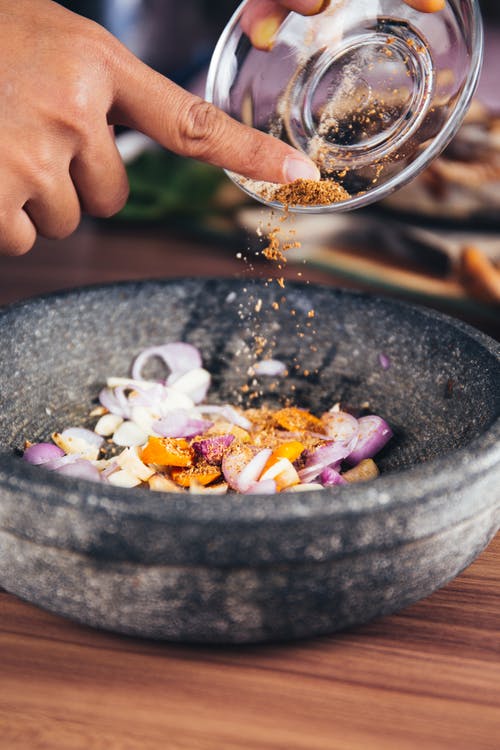
These are renowned for causing bad breath. They are high in volatile organic compounds (VOC) which are very capable of producing pungent smells, and they can also be released through the sweat pores too. Once mingled with skin bacteria, they create a stench.
Spices
Spices like cumin and fenugreek create some pungency within the mouth after consumption. Their smell can also be trapped in one’s hair and skin.
Red Meat
Red Meat can also be classed as pungency prone, and rich in sulphur. Upon digestion, sulphuric by-products are released out of the body through sweat pores and upon interacting with skin-bacteria, stink.
Fish
Some metabolic disorders such as trimethylaminuria (TMA) can cause body odour too. TMA is the inability of the body to digest trimethylamine from foods (fish, eggs, red meat, legumes, peanuts), which are rich in the compound. TMA is commonly known as the fish odour syndrome because of its characteristic smell of rotten fish.
When this compound accumulates within the body it can be released through one’s breath, sweat, urine and through semen (for men).
Asparagus
Depending on one’s genetics, mercaptan which is a by-product of asparagus, can be converted into sulphuric acid – known for its horrible smell. Some of which could be excreted through urine, or the sweat glands.
Alcohol
When consumed, alcohol within the body metabolises into acetate or acetic acid. This usually leaves the body as a by-product of sweat, which on reacting with skin-bacteria, produces a smell unique to alcoholics. It also exits the body through the lungs and urine too.
ANY SOLUTION?
So now you know it is the food which you consumed a few days ago that has led to your stench. How do you solve this problem? The best recommendation out there is an avoidance of these popular body-odour-causing-foods. This is the best way to reduce your food-induced body odour and also, eliminate body odours caused by such foods.
Also drinking plenty water after having such meals could help with faster digestion. Do not panic, your stench will soon be gone!







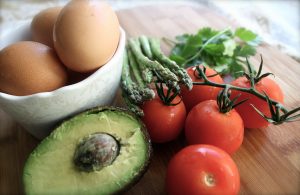
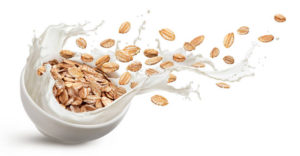
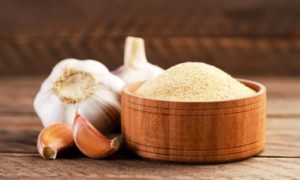


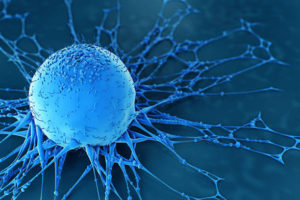

1 thought on “Food, Diet & Your Body Odor”
Comments are closed.